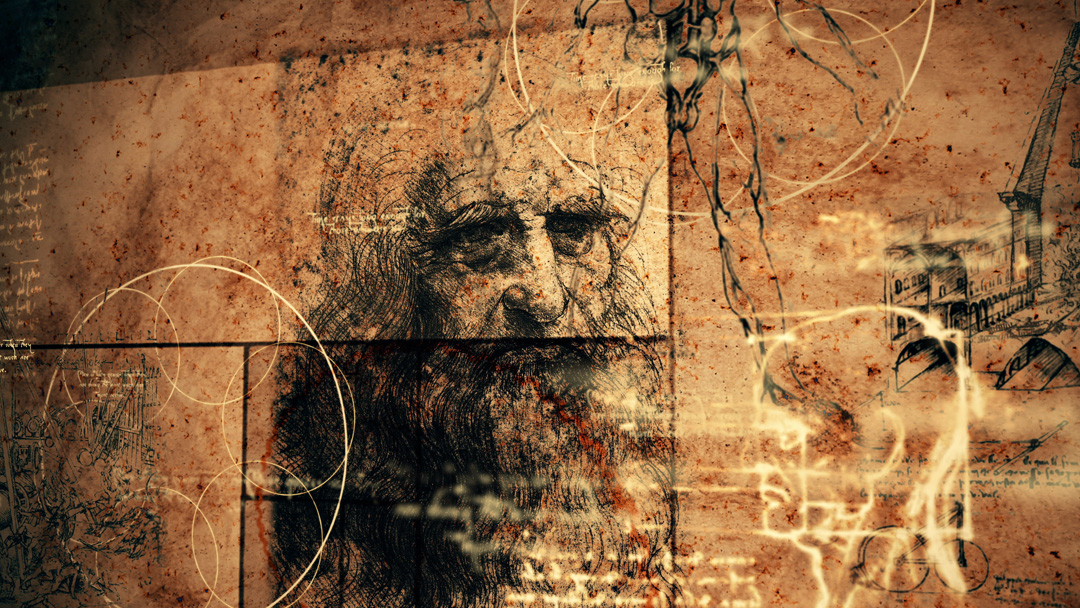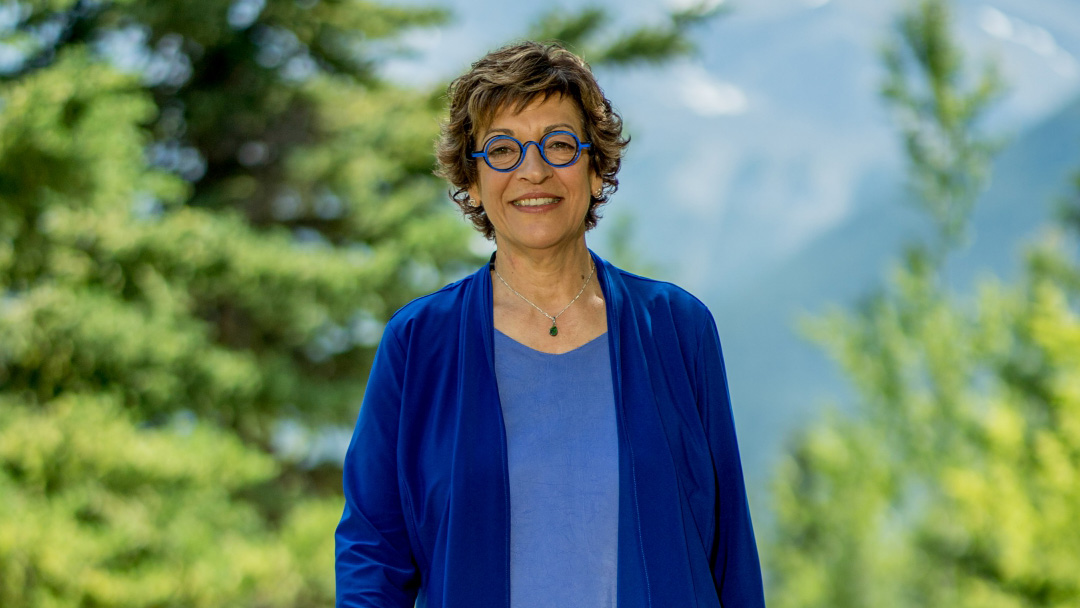History of
World Creativity & Innovation
Timeline
May 25, 2001
World Creativity & Innovation Day (WCID) is founded in Toronto, Canada
Its founder, Canadian resident Marci Segal, began studying creativity in 1977 at the International Center for Studies in Creativity, SUNY Buffalo. When the headline, “Canada in Creativity Crisis” appeared in the National Post, she was well aware of the challenges the subject presented for mainstream thinking. She thought, “Wouldn’t it be great if people knew how to use their natural ability to generate new ideas, make new decisions, take new actions and achieve new outcomes, to make the world a better place and to make their place in the world better too?” And so she set off on a journey to make a bigger place for creativity in the world.
2001
A greater creative vision defined


2002
Rapid worldwide growth of the creative community
The first celebrations occurred in the Netherlands; Bangkok, and Thailand; Rio de Janeiro, Brazil; Chicago, US; Hamilton and Toronto, Canada. Each group/locale held activities, meetings, workshops, and conversations leveraging creativity and creative action that were relevant to their context. A Yahoo group formed; people joined from all over the world – the US, Brazil, Argentina, France, Italy, Thailand. Over the years celebrations emerged in other countries including Belarus, India, Australia, Egypt, Peru, Chile, India, Malaysia, UK, Italy, France, El Salvador, Morocco, United Arab Emirates, Greece, Ecuador, Columbia, and Slovenia.
2006
World Creativity & Innovation Day extends to a weeklong celebration (WCIW), beginning on Leonardo da Vinci's birthday, April 15

2017
World Creativity & Innovation Day, April 21 Becomes a United Nations International Day of Observance
2024
23 years of embracing and celebrating all forms of creativity

Do something different, inspire new thinking or action, and help people feel their potential to make a positive difference.
Do something different, inspire new thinking or action, and help people feel their potential to make a positive difference.
About The Founder
Marci Segal
Born in Toronto, Canada, Marci Segal moved to Buffalo, NY in the fall of 1977 to study creativity at the International Center for Studies in Creativity (ICSC) the State University of New York College at Buffalo. She learned and practiced structured methods to enable and promote creative thinking first at the Creative Problem Solving Institute (CPSI) held by the Creative Education Foundation and was driven to explore the topic in greater depth. At the time Marci worked for the Canadian federal government. She said her goal for studying creativity in Buffalo was to achieve a masters degree in creative studies, and then return to Canada to help the civil service become a better place to work.

Awards
Marci received numerous awards throughout the her life, including the Creative Education Foundation’s Distinguished Leader Award (1999), their Inspired Leader Award (2003) and the International Center for Studies in Creativity Alumni Achievement Award (2009).
Additionally, of course, Marci Segal’s hard work and dedication granted her an International Day of Observance from the United Nations with World Creativity & Innovation Day.
Academic Career
Marci completed her Bachelor’s degree in Cultural Anthropology in 1980 and is the first person accredited with the ICSC Creative Studies undergraduate minor. She earned the Creative Studies certificate in 1983 and the Master of Science in Creativity and Change Leadership years later. Marci’s master’s project integrates personality type with creative problem-solving.
Marci belonged to and led clubs and associations throughout her academic career; she also worked as a residence hall assistant and director. She is included in the in 1980 edition of Who’s Who in American Colleges and Universities.
Each June from 1977 until 2010 Marci attended the Creative Education Foundation’s Creative Problem Solving Institute, where she held a variety of volunteer leadership roles. Each experience further strengthened her skills, advanced her learning and deepened her passion for freeing people’s thinking so they could create bold imaginative futures. She mentored others to facilitate individual and group processes and to use many kinds of creative thinking insights and approaches to solving problems.
Volunteer Activities
Marci served as a senior faculty member at the Creative Problem Solving Institute (1980 – 2010). She sat on the board of the American Creativity Association, was a member of and presenter at the World Future Society for many years, and led the Ontario Association for Psychological type as president and board member.
She spoke at conferences and events worldwide, including Crea Italy, European Conference on Creativity and Innovation, and the International Society for Innovation Management, African Creativity Conference. More recently she was recorded speaking at TedXCanmore in 2015, and the Creativity Experts Exchange, in 2017.
Professional Career
Marci ‘s professional career began in Toronto in 1984 as a marketing research analyst where she was praised for her focus group work and perceptions. She later joined Foote, Cone and Belding Advertising’s Strategic Planning as their first Creativity Specialist.
Due to a layoff in the mid-1990’s Marci began a consulting, training and speaking career to continue her passion to free people’s thinking. As Founder and President of Creativityland Inc., she consulted worldwide with many leading organizations including NASA, the Ontario Public Service, Johnson & Johnson, PHD Canada, Tetra Pak, Ricoh, Canadian Imperial Bank of Commerce and Bosch. This included acting as an MBTI ® instrument qualifying instructor (1993 – 2006) and in 2006 – 07 as sessional faculty at Canada’s Ontario College of Art and Design.
Publications
Marci’s Creativity and Personality Type: Tools for understanding and appreciating the many voices of creativity (2001, Telos Publications) helped people notice and welcome the variety of creative expression. People applied this to facilitating theirs and others confidence to generate new ideas, make new decisions, create new relationships, take new actions and create new outcomes. Other titles include A Quick Guide to the Four Temperaments and Creativity: Understanding the psychology of innovation (2006) and A Quick Guide to the 16 Types in Organizations (contributing author) (2001).
Marci coauthored Creativity 201 for Futurists: How to Further Integrate Creative Practices to Sustain the Human Spirit in Your Work and Why that’s a Good Thing to Do in Strategies and Technologies for a Sustainable Future, World Future Society, 2010; appears as an interviewee in Nellie Jacob’s Making Opportunity Knock (2011) and is highlighted in the 2018 Orchestrating Sustainable Innovation by Marilyn Blocker, Megan Mitchell, and Andrea Zintz.
Growing and building global inclusion in World Creativity & Innovation Day, April 21 and Week April 15-21 were Marci’s passion projects from inception until spring of 2019 when she passed on its stewardship. In 2014 she moved west, away from Toronto’s urban buzz, to a buzz of a different sort in the Rocky Mountain town of Canmore, Alberta.
The United Nations declared World Creativity and Innovation Day, April 21 as an international day of observance in April 2017. Marci’s story provides an example of an outcome resulting from applied perseverance, dedication, passion and commitment: Global support for generating new ideas, making new decisions, taking new actions and achieving new outcomes to create a decent life for all on this planet.